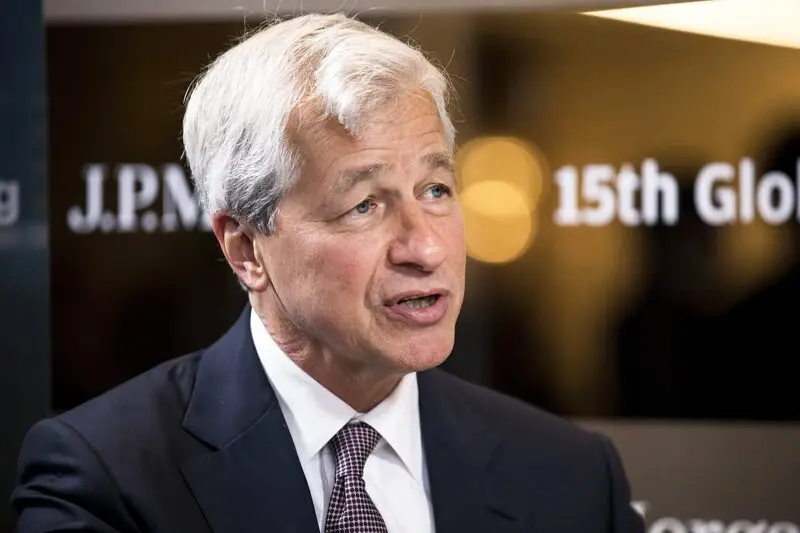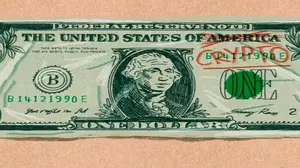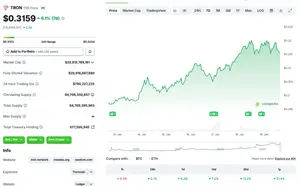The United States is currently on the brink of a trade war with China on the heels of its new Liberation Day economic policy. Now, that could spell disaster for the country, as JPMorgan CEO Jamie Dimon recently said a recession is the most “likely outcome” of President Donald Trump’s tariff plan.
Just last week, the Trump administration unveiled a baseline 10% tariff on all nations. The increasingly aggressive economic policy was met with ire by some and with hope for negotiations by others. However, one thing is certain: while the self-created issue gets resolved, the US will be subjected to increasing economic uncertainty.
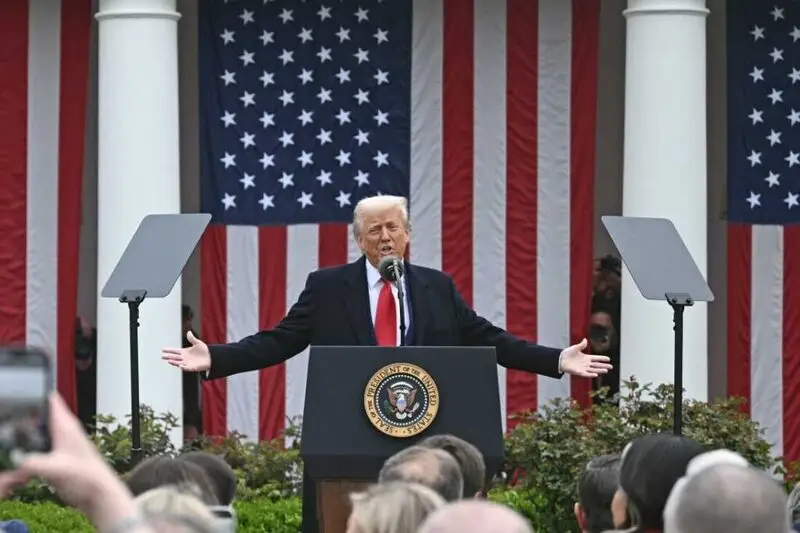
Also Read: Goldman Sachs: Trump Tariffs Put US in ‘Event-Driven’ Bear Market
JPMorgan CEO Warns a Recession Is Nearing Amid Liberation Day Tariff Plan
Earlier this month, US President Donald Trump announced a new Liberation Day tariff plan. Now, nations are beginning to answer that policy with retaliatory action of their own. The European Union just announced up to 25% import duties on the US, with China also assuring they will be fighting the action.
These developments bring even more concern upon American citizens. With the US stock market crumbling and frailty the defining factor of the economy, things could get worse long before they get better. According to JPMorgan CEO Jamie Dimon, a recession is the most likely outcome of the Trump tariff plan.
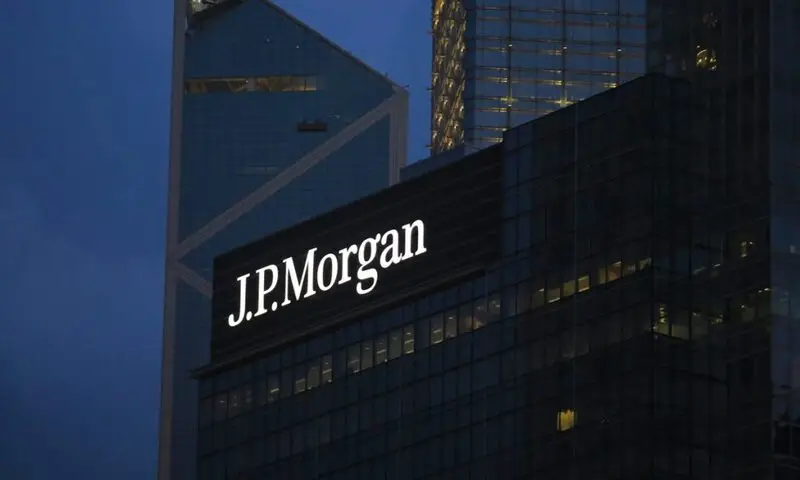
Also Read: Apple (AAPL) Flies in 5 Planes Full of iPhones to Avoid US Tariffs
“I think that’s probably a likely outcome,” Dimon said of a possible downturn, according to CNBC. Because the market, I mean, when you see a 2000-point decline [in the Dow Jones Industrial Average], it sort of feeds on itself, doesn’t it?”
“It makes you feel like you’re losing money in your 401(k); you’re losing money in your pension. You’ve got to cut back,” Dimon added. He certainly isn’t the only one, as Goldman Sachs has increased its recession odds to 45%. Altogether, it appears as though those chances will only edge higher as trading partners institute their own retaliatory import taxes.
